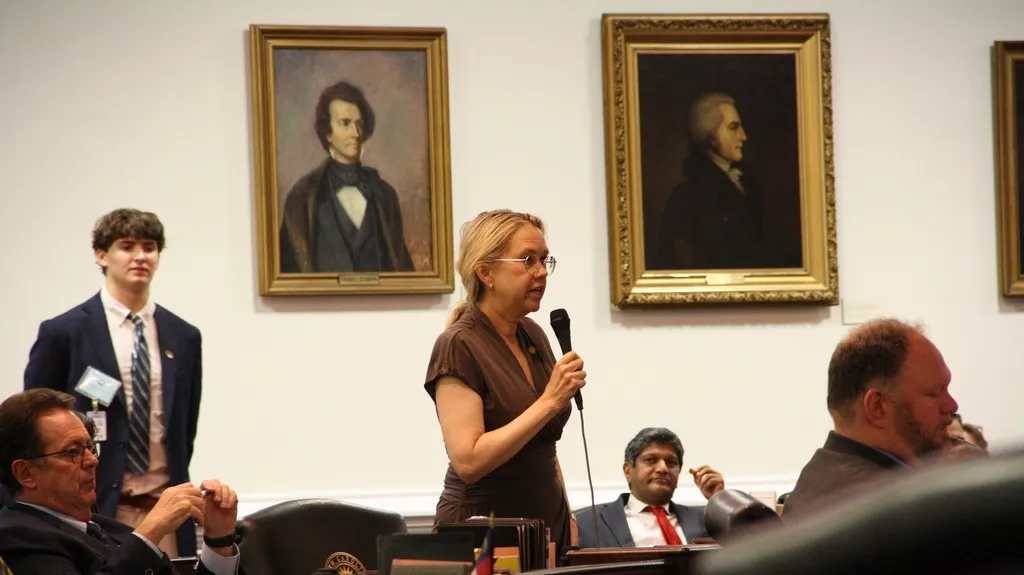October 11, 2010
Serb police clash with anti-gay rioters
Kilian Melloy READ TIME: 3 MIN.
Serbian riot police fought running battles on Sunday with hundreds of far-right supporters who hurled Molotov cocktails and stun grenades to try disrupt a gay pride march in downtown Belgrade. Over 120 people were hurt and nearly 190 were arrested, officials said.
Thousands of police officers sealed off the streets in the capital where the march took place, repeatedly clashing at several locations with rioters who were trying to burst through security cordons.
Several parked cars were set on fire or damaged, shop windows were broken, garbage containers were overturned and streets signs destroyed. Several shops were looted before police restored peace late afternoon.
The anti-gay rioters also fired shots and threw Molotov cocktails at the headquarters of the ruling pro-Western Democratic Party, setting the garage of the building on fire. The state TV building and other political parties headquarters were also attacked, with many of the house windows shattered by stones.
The protesters, chanting "death to homosexuals!" hurled bricks, stones, glass bottles and stun grenades at riot police. Police responded by firing tear gas and deploying armored vehicles to disperse the charging protesters in the heart of the capital even after the brief pride march ended.
Sunday's pride march was viewed as a major test for Serbia's government, which has launched pro-Western reforms and pledged to protect human rights as it seeks European Union membership.
Right-wing groups broke up a gay march in 2001 and forced the cancellation of last year's event.
"This was undoubtedly a political message, an attempt to destabilize the country and this government," said prominent political analyst Miljenko Dereta. "The rioters had political support."
He said Serbia's pro-European government still faces strong opposition from the conservative and nationalist forces opposed to the modernization and reform of the country ravaged by the wars in the Balkans in the 1990s.
The protesters hijacked a bus, ordered all of its passengers and the driver out, and pushed it down a steep street before it hit an electric pole on a main Belgrade square.
A gay-rights activist, Lazar Pavlovic, said that staging of the pride march was a "historic event." He condemned the violence and noted that the incidents and immense security measures illustrate the dangers the gay people in Serbia are facing.
Serbia's Health Ministery said over 120 people were injured. Police said 188 people were detained, 77 of whom remain in custody, suspected of violent behavior.
Serbian President Boris Tadic condemned the "vandalism" on Belgrade streets and pledged that the extremists will be arrested and punished.
"Serbia will guarantee human rights for all its citizens, regardless of the differences among them, and no attempts to revoke these freedoms with violence will be allowed," Tadic said.
Belgrade mayor Dragan Djilas said that the damage was estimated at more than one million euros ($1.39 million).
Right-wing groups say the gay events are contrary to Serbian family and religious values. Most of the rioters Sunday were young football fans whose groups have been infiltrated by neo-Nazi and other extremist organizations.
"These riots obviously have nothing to do with the gay parade or any moral values," said Democratic Party spokeswoman Jelana Trivan. "These are hooligan gangs which must be punished severely."
Defense Minister Dragan Sutanovac, vice president of the Democratic Party, said a part of the party's archive, warehouse and phone lines at the building were destroyed and shots were also fired at the building.
"It is high time that we deal in a very democratic way, through the courts, with those who call themselves members of the patriotic organizations," Sutanovac said. "Is this Belgrade or the wild West?"
Senior Justice Ministry official Slobodan Homen said that the state response will be "fierce." He said that the city center is covered with surveillance cameras and that the rioters have been identified and many already detained. He said they could face up to eight years in prison.
Vincent Degert, the head of the EU mission in Serbia, addressed around 1,000 gay activists and their supporters who gathered at a park in downtown Belgrade which was surrounded by riot police, including armored vehicles.
"We are here to celebrate this very important day ... to celebrate the values of tolerance, freedom of expression and assembly," Degert told the crowd waving rainbow flags.
The same right-wing group set the U.S. Embassy on fire during riots in 2008 to protest U.S. support for Kosovo's independence.
U.S. Secretary of State Hillary Rodham Clinton plans to visit Belgrade in coming days as part of a Balkan tour.
A European Union official says violent anti-gay riots in Serbia could hurt the Balkan country's bid to join the bloc. Jelko Kacin, in charge of the European Parliament's evaluation reports on Serbia, says the anti-gay riots "show an elementary lack" of tolerance for minority rights in Serbia and the "inefficiency" of the state in preventing such a trend.
Kilian Melloy serves as EDGE Media Network's Associate Arts Editor and Staff Contributor. His professional memberships include the National Lesbian & Gay Journalists Association, the Boston Online Film Critics Association, The Gay and Lesbian Entertainment Critics Association, and the Boston Theater Critics Association's Elliot Norton Awards Committee.






